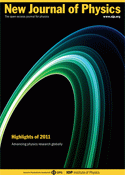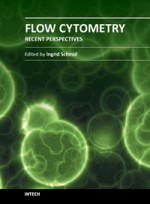
We’ve unearthed four more retractions for Khalid Zaman, an economist who lost 16 papers in 2014 for orchestrating fake peer review.
That brings Zaman’s total to 20, and ties him at the #18 spot on our leaderboard.
One of the more recently discovered retractions is for fake peer review, attributed to Zaman; one is for plagiarism, and two other papers were withdrawn while in press, for reasons that are unclear. (Note bene: These retractions are all at least one year old.)
First, the retraction notice for peer review issues, published in April 2015 for “Environmental Indicators and Energy Outcomes: Evidence from World Bank’s Classification Countries:”
Continue reading Peer review scam leader now up to 20 retractions


 A team of biologists have earned a fifth retraction for a paper containing manipulated images, following an investigation by the Swedish government.
A team of biologists have earned a fifth retraction for a paper containing manipulated images, following an investigation by the Swedish government.




 A publisher has retracted a chapter from a book on flow cytometry after determining the authors plagiarized some material — but noted that because the authors cited the article they lifted from, they likely acted “in good faith.”
A publisher has retracted a chapter from a book on flow cytometry after determining the authors plagiarized some material — but noted that because the authors cited the article they lifted from, they likely acted “in good faith.”